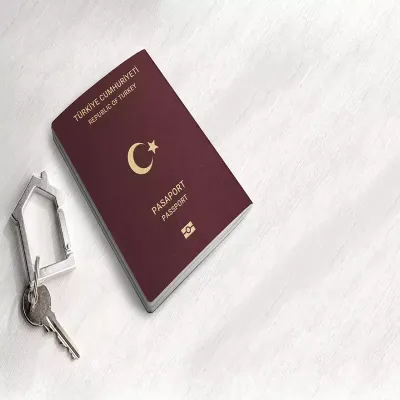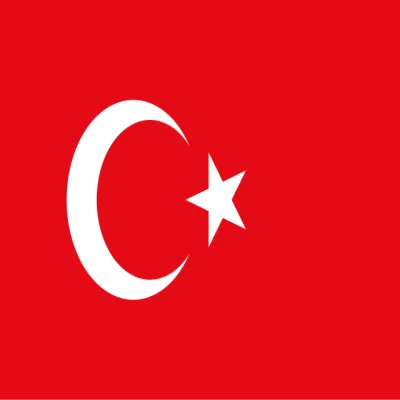In recent years, Turkey has undergone a significant transformation in how it presents itself to the world, opting to embrace the name "Türkiye" as a symbol of identity, cultural pride, and international representation. This change is part of a broader effort to promote the Turkish language and its significance on the global stage. Here’s an overview of the transition from "Turkey" to "Türkiye":
1. Cultural and Historical Context
• Historical Roots:
The name "Türkiye" has been used for centuries by the people of Turkey (the Turkish people) to refer to their country. The term derives from the name of the Turkish tribes and reflects the nation's cultural and linguistic heritage.
• Meaning of Türkiye:
The term "Türkiye" means "land of the Turks," combining the name of the ethnic group with the suffix "-iye," which indicates a place or country. The use of "Türkiye" emphasizes national identity and pride among Turkish citizens.
2. International Recognition and Branding
• Official Campaign:
In 2021, Turkey's government launched a campaign to promote the use of "Türkiye" in international forums, communications, and branding efforts. This campaign aimed to establish a stronger and more coherent national identity on the world stage.
• UN Recognitions:
With the push for "Türkiye," the government sought recognition of the name change in international organizations, including the United Nations. This would allow the country to be officially recognized as "Türkiye" in diplomatic matters.
3. Linguistic Considerations
• Promoting the Turkish Language:
By using "Türkiye" instead of "Turkey," the government aims to emphasize the importance of the Turkish language and its unique qualities. The focus on the native term stems from a desire to strengthen cultural ties and linguistic heritage.
• Avoiding Negative Connotations:
Some officials and citizens in Turkey expressed concerns about the English name "Turkey" being associated with negative stereotypes and connotations, such as the association with the bird “turkey” and various humorous or derogatory representations. By adopting "Türkiye," the country aims to eliminate these associations.
4. Implementation of the Change
• Rebranding Efforts:
Following the campaign, "Türkiye" is being used in official communications, products, and branding efforts both domestically and internationally. This includes state documents, promotional materials, and at international events.
• Tourism and Marketing:
The Turkish government also emphasizes its tourism and cultural initiatives under the branding of "Türkiye," encouraging tourism and international recognition of its historical sites, natural beauty, and cultural heritage.
Conclusion
The shift from "Turkey" to "Türkiye" reflects a broader effort in the country to assert its identity, promote its culture, and enhance its international representation. This change highlights the importance of language and national pride to the Turkish people and marks a significant step in the country’s efforts to strengthen its global presence. As this transition continues, "Türkiye" is expected to become increasingly prominent in international dialogue, branding, and representation.















